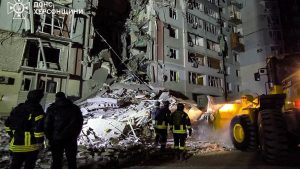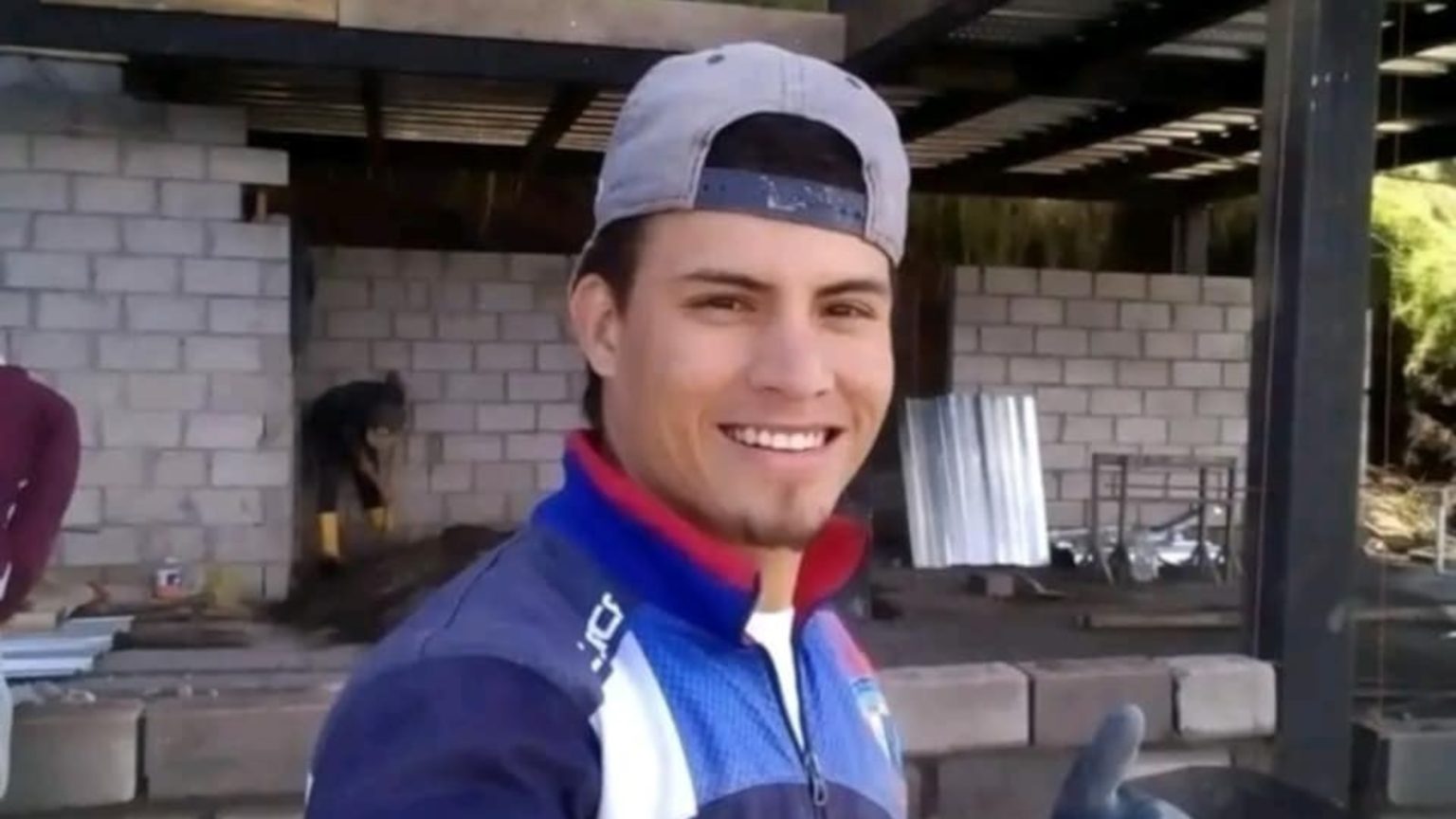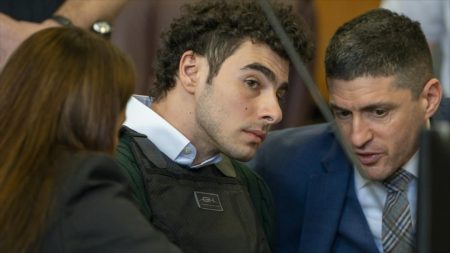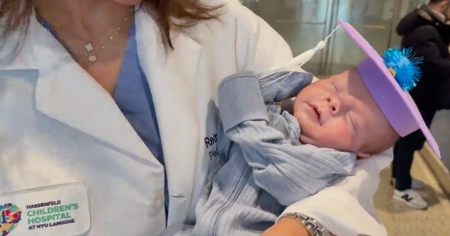Trump Administration Sends Migrants to Guantanamo Bay, Sparking Controversy
In a controversial move that has drawn sharp criticism from immigrant advocacy groups, the Trump administration has begun sending migrants to Guantanamo Bay, a U.S. naval base in Cuba infamously known for housing high-profile terrorism suspects. The first flight carrying migrants deemed "high threat" arrived at Guantanamo earlier this month, marking a new chapter in President Donald Trump’s hardline approach to immigration enforcement. While administration officials have framed this as a necessary step to detain dangerous criminals, families of some of the migrants and civil liberties organizations have raised concerns, claiming that many of those being held have no criminal records and are being denied access to legal counsel and communication with their loved ones.
Families Speak Out: Migrants Held Without Evidence of Criminal Activity
ABC News spoke to the families of two migrants currently detained at Guantanamo Bay, who insist that their relatives have no ties to criminal organizations and no criminal history. One of the migrants, Jose Rodriguez Simancas, is accused by authorities of being a member of the Venezuelan gang Tren de Aragua, a claim his family vehemently denies. "He told us he was being targeted because of his tattoos," said Barbara Simancas, his sister. "His tattoos have nothing to do with [the gang]. They are of his children’s names." Rodriguez Simancas, who surrendered to U.S. authorities after crossing the southern border and claiming asylum, was initially held in a detention center in El Paso, Texas. His family provided ABC News with a criminal background check from Venezuela, which shows no criminal record. Similarly, Jhoan Lee Bastidas Paz, another migrant held at Guantanamo, was charged only with "improper entry" into the U.S. and has no criminal history beyond that charge.
Legal and Ethical Challenges: A First in U.S. History
The decision to detain migrants at Guantanamo Bay has sparked legal and ethical debates. A federal lawsuit filed in Washington, D.C., and backed by the American Civil Liberties Union (ACLU), argues that this is the first time in U.S. history that noncitizens have been detained on civil immigration charges at the naval base. The ACLU and other advocacy groups have accused the Trump administration of leveraging Guantanamo as a way to bypass due process and deprive migrants of their rights. "It’s troubling enough that we are even sending immigrants from the U.S. to Guantanamo," said Lee Gelernt, an ACLU attorney, "but it’s beyond the pale that we are holding them incommunicado, without access to attorneys, family, or the outside world."
Government Defends Policy: "High-Threat" Migrants Targeted
The Trump administration has defended the decision to send migrants to Guantanamo Bay as a necessary measure to house "high-priority criminal aliens" and "the worst of the worst." Homeland Security Secretary Kristi Noem emphasized that the move aligns with the president’s directive to expand the Migrant Operations Center at Guantanamo to full capacity. A DHS spokesperson stated that the facility is being used to detain violent gang members and other "high-threat" migrants, as well as undocumented individuals with final deportation orders. However, when ABC News reviewed the cases of 53 Guantanamo detainees, only 14 had federal cases associated with their names, and many of these charges were related to immigration offenses, such as illegal entry or reentry into the U.S.
Concerns Over Lack of Transparency and Due Process
Critics argue that the administration has provided little to no evidence to support its claims that all migrants detained at Guantanamo Bay are "high-threat" individuals. The families of Rodriguez Simancas and Bastidas Paz say their relatives were not informed of the reasons for their transfer to Guantanamo and have been unable to communicate with them since their arrival. "I just ask the government to send him back to Venezuela," said Barbara Simancas, whose brother has been separated from his children. "His kids are worried. They want to see their dad." These accounts have raised concerns about the transparency and fairness of the process, as well as the conditions under which migrants are being held.
A Human Rights Crisis in the Making?
The use of Guantanamo Bay to detain migrants has also drawn comparisons to the facility’s notorious past as a detention center for terrorism suspects, where many were held for years without trial or access to legal counsel. Immigrant advocacy groups warn that this could set a dangerous precedent, normalizing the use of military facilities to bypass the U.S. legal system and deny migrants their rights. As the situation unfolds, the stories of families like the Simancas and Bastidas highlight the human cost of the Trump administration’s immigration policies. For many, Guantanamo Bay is not just a detention center but a symbol of fear, uncertainty, and separation from loved ones. The ongoing legal battles and public outcry may determine whether this chapter in U.S. immigration history will be remembered as a moment of justice or injustice.















